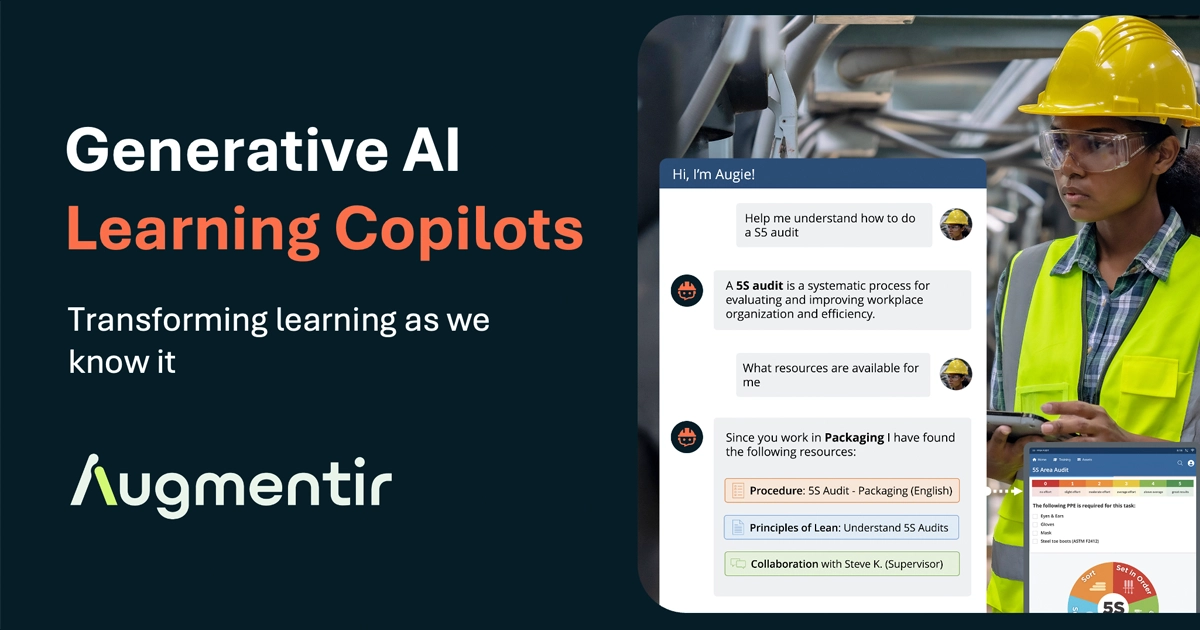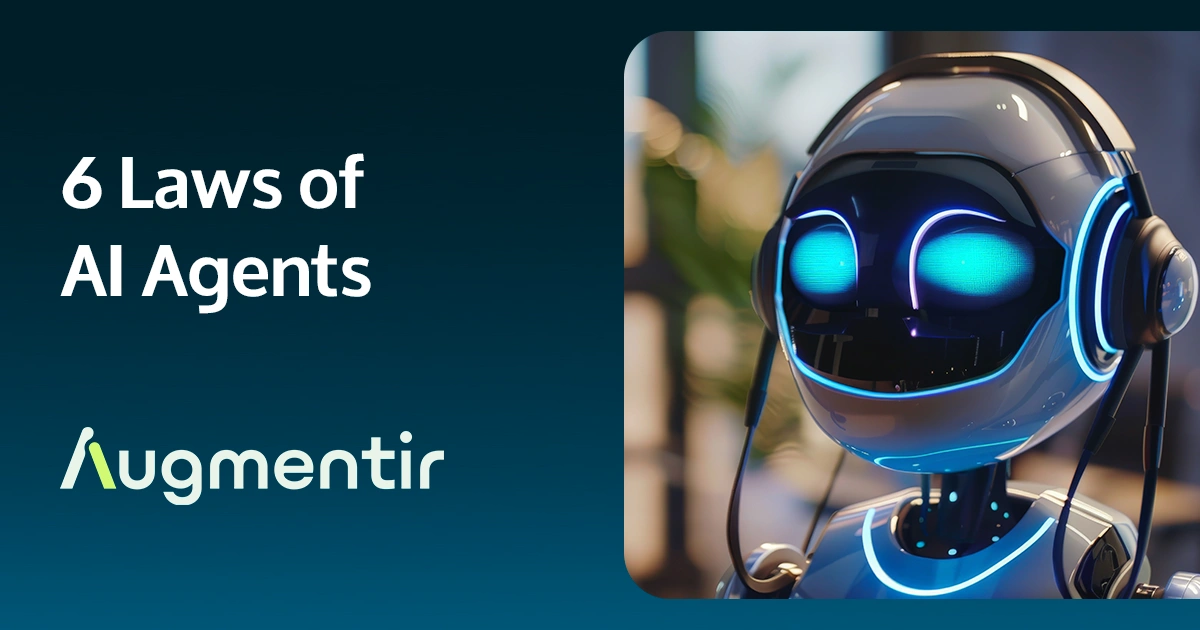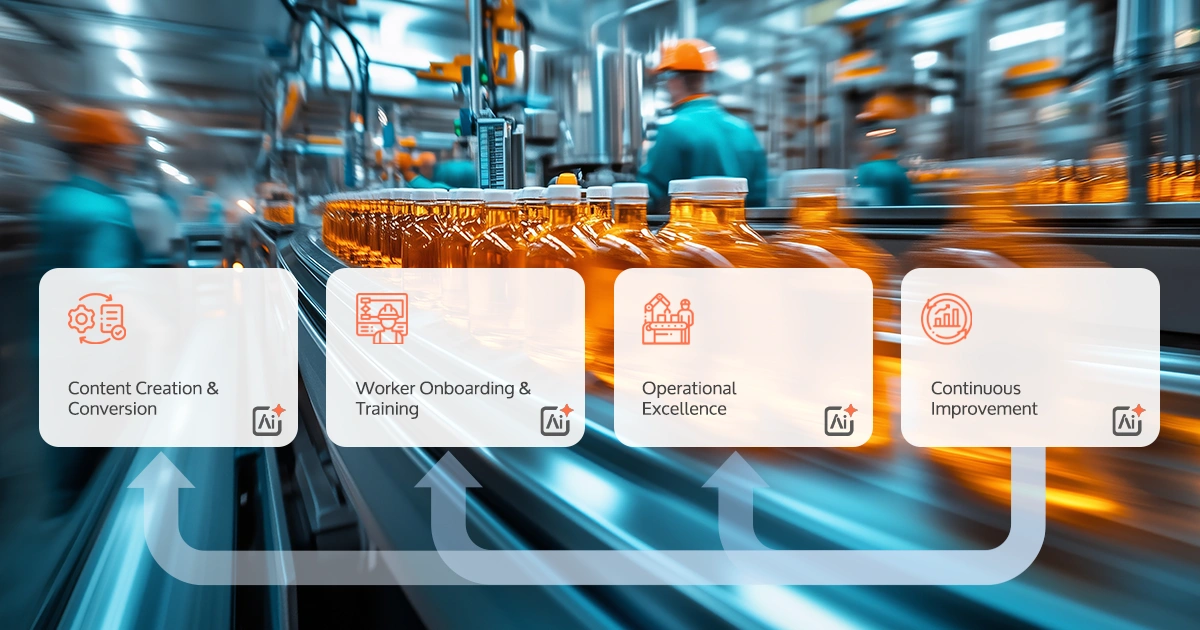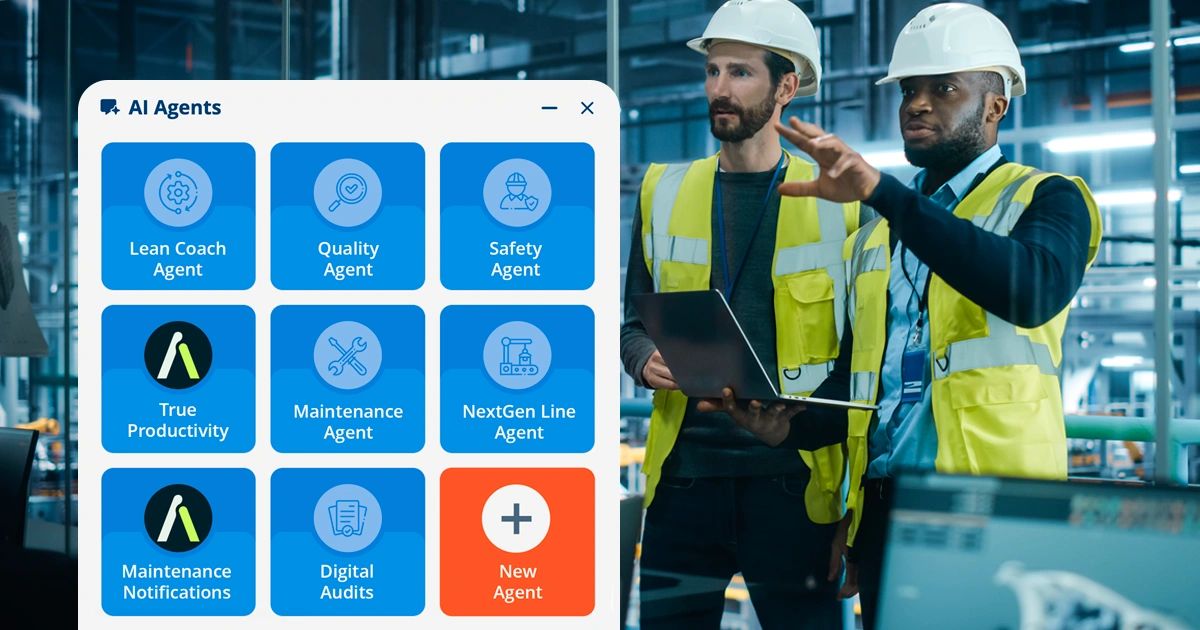Watch Augmentir’s presentation at Learning & HR Tech 2024 and see how Generative AI Copilots transform learning and development in manufacturing.
Generative AI in learning and development has started to shape the future of HR across the board including attracting, developing, engaging, and retaining talent.
AI has revolutionized how organizations approach:
- Talent acquisition – for smarter recruiting
- Talent development – for skills analysis and performance evaluations
- Worker relations – capitalizing on its ability to personalize employee relations
- Workforce planning – leveraging its ability to make sense of data to perform more accurate forecasting and capacity planning
- People analytics – using AI to make sense of employee data from an engagement and skills optimization standpoint
- Performance management – relying on it for benchmarking and progress evaluation
- HR operations – leveraging AI’s ability to automate and support onboarding and offboarding processes
- Learning and development – using AI in everything from content creation to delivering personalized and adaptive content
However, Generative AI in learning and development has yet to make a significant impact on employees where it matters the most – in the flow of work.
This is where Generative AI learning copilots and AI-powered connected worker solutions come in. Together these technologies are transforming learning for frontline workers, improving onboarding, enabling learning in the flow of work, and driving more efficient upskilling and reskilling.
Watch our full presentation from Learning and HR Tech 2024 “Generative AI Learning Copilots: Transforming Learning as We Know It”, on-demand below.
Key Highlights:
- Generative AI in learning and development has started to shape the future of HR across the board including attracting, developing, engaging, and retaining talent.
- Deskless workers make up 80% of all workers globally and are underserved from a learning and development perspective, with 78% feeling they don’t have the right amount of training to succeed.
- Generative AI Learning Copilots can generate training content, translate languages, provide real-time feedback, give on-demand guidance and answers, and serve as a digital performance support tool.
Generative AI Learning Copilots for Deskless Workers
Deskless workers, often referred to as “frontline workers”, generally do not sit in front of a desk and make up about 80% of all workers globally, they are on the front lines – in factories, at retail counters, construction sites, hospitals, and more.
While frontline workers and activities have undergone dramatic changes over the past few years, they are still woefully underserved from a learning and development standpoint.
- 78% of frontline workers feel they don’t have the right amount of training to succeed at work
- 65% want information on-demand and “in the flow of work”
- Only 12% of HR operations leaders are actually satisfied with their L&D processes in support of their frontline employees
The reality is that traditional onboarding and training practices have been proven to be ineffective, however, much like AI has historically been used to improve the efficiency and output of machines, we can do the same with our frontline workforce.
AI learning and development tools and GenAI assistants can help:
- Identify areas for content improvement, and implement those improvements
- Measure training effectiveness
- Create personalized, job-relevant training and curriculums
- Measure and improve workforce effectiveness
Managing Manufacturing Workforce Challenges with GenAI Learning Copilots
The workforce crisis in manufacturing is accelerating and at the forefront of the minds of operations and HR leaders.
In fact, even if every skilled worker in America were employed, there would still be 35% more unfilled job openings in the manufacturing sector than skilled workers capable of filling them. Deloitte predicts that the skilled labor crisis will cost manufacturers upwards of $1 trillion by 2030.
In 2019, the average tenure in manufacturing was 20 years, the average time in position was 7 years, and the average 90-day retention rate was 90%. As of 2023, however, the average tenure is 3 years, the average time in position is 9 months, and the average 90-day retention rate was 50%.
These are representative of drastically different manufacturing realities. The workforce of 2019 is not coming back, and neither will productivity, unless organizations make significant investments and strides in supporting frontline workers with the appropriate tools and training. Luckily, smart connected worker and generative AI technologies offer a path forward.
Generative AI helps manufacturers answer:
- What is the skills inventory of the team that is in attendance today?
- Who can/should perform this work?
- Who would benefit the most from targeted training?
- Where should they focus on for process improvement?
- What type of training would give them the biggest return?
- What training materials need Improvement?
Generative AI-powered copilots and digital assistants can take this further, allowing frontline manufacturing workers access to vast amounts of knowledge in the flow of work when they need it most, helping to predict and prevent skills gaps before they impact production, and to design efficient and personalized development curriculums to shorten the time it takes for workers to be effective and competent in their positions.
Interested in learning more?
If you’d like to learn more about Augmentir and see how our AI-powered connected worker platform improves onboarding, training, skills management, and other learning and development aspects across organizations, schedule a demo with one of our product experts.




